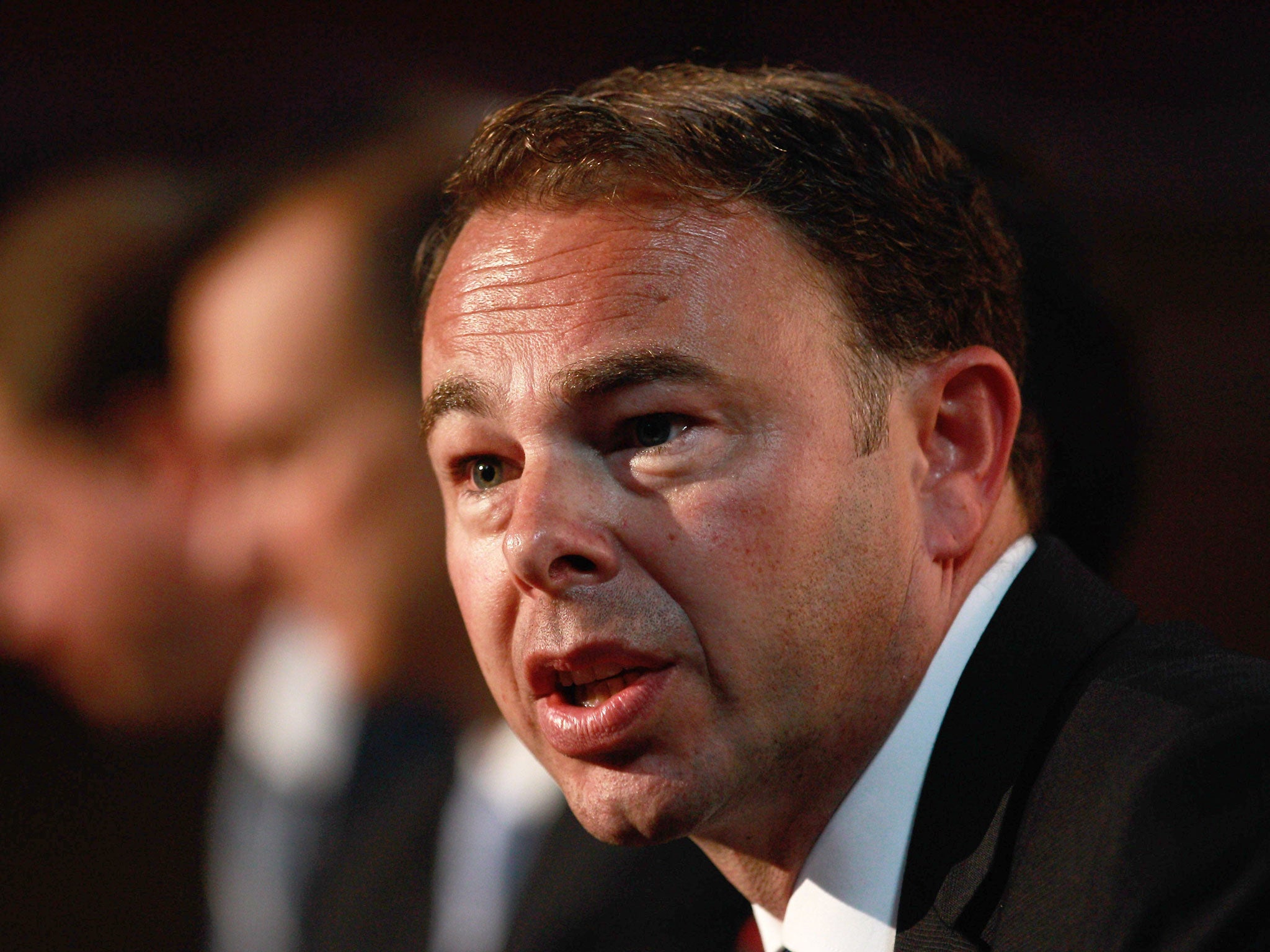Drugs in Sport: Australia's 'blackest day' could easily be repeated in Britain
UK vulnerable to drugs scandal warns anti-doping head after report details widespread use Down Under

Andy Parkinson, the head of British anti-doping, has warned that the drug scandal rocking Australian sport could easily hit the UK too.
The Australian Crime Commission has released a report after a 12-month investigation into the use of performance-enhancing drugs across sport in the country, which pointed to the influence of organised crime in drug distribution and possibly match-fixing too. Richard Ings, the former head of the Australian Sports Anti-Doping Authority (Asada), said: "This is not a black day in Australian sport, this is the blackest day."
But Parkinson, the head of UK Anti-Doping (Ukas), told The Independent that Britain had a similar sporting culture to Australia and could not be complacent. "I wasn't particularly shocked by it," he said, "because it's how people in anti-doping have viewed the world for a number of years.
"The sporting environment in the UK and Australia is largely the same," Parkinson explained when asked if Britain might be vulnerable. "The importance placed on sport is largely the same as well. The threat [the ACC] identify as in the substances and the availability, that's very similar to our view on life."
Parkinson pointed to last month's ban of javelin coach Ian Burns when he said the British sport had its own problems. "Because we know doping is a worldwide issue we have certainly experienced a number of similarities with what I have read in the Australian report," he said.
"The fact that you have coaches supplying – we have just banned Burns for four years, a coach who was supplying. It is not startling in terms of its novelty. It's obviously very disturbing."
There are clearly strong incentives to cheat, in terms of prestige and rewards, and Parkinson admitted that athletes' desires to take risks meant that they were often ahead of those testing and enforcing.
"There is an element of that," Parkinson said when asked if the authorities were playing catch-up. "There are a lot of clean athletes that do it right – that was one of the really pleasing things around 2012. Little things – like athletes tweeting that they have been tested and they are proud to be a clean athlete. That's positive. We will always be playing catch up because there will always be somebody out there who wants to take a bigger risk to cross the line than we do."
The Australian report revealed that many sportsmen were taking peptides, a new generation of performance-enhancing drugs which closely resemble anabolic steroids. Advances in the science of cheating force testing to keep pace.
"There are always new substances appearing," Parkinson admitted. "There was a bit of a lull in the mid-2000s when dopers reverted to blood transfusions because the testing became a bit better but even during that period you had designer anabolics.
"Now growth hormone has been the drug of choice for a long time. What we are seeing more of now is kitchen table operations with very smart scientists who are the other side of the line, manufacturing substances for illicit purposes."
The technology of buying and selling drugs had also changed, making it harder to track. "We have said a number of times the internet makes buying and trafficking substances anonymous," Parkinson said, "which is very dangerous for young adults who are on the internet and wishing to achieve sporting success, at whatever level. As soon as you successfully take down one website, another pops up."
Parkinson warned that the nature of modern support meant that there were more financial incentives even for young rather than elite athletes, and this meant that there was enough pressure to influence behaviour.
"The prohibition side of it is going to be a challenge. You have to have successful enforcement but you also have to have really strong values that underpin sport and that is quite challenging in the current environment," Parkinson explained. "It has got more difficult to get people to buy into.
"If I look at the young people coming through sports at the moment, you are entering a business world at some point in your sporting pathway. As soon as you get mildly talented there are other people that will benefit from your success legitimately.
"Your coach will get a good name if you are successful, your club will do well and the amount of money that circulates around sport is much greater than it used to be so there are different pressures on the athletes and they are the ones that have to perform.
"I can imagine as a very young adult trying to navigate your way through that with an enormous amount of pressure, which we saw around the 2012 Games, that you need some really strong support networks."
Subscribe to Independent Premium to bookmark this article
Want to bookmark your favourite articles and stories to read or reference later? Start your Independent Premium subscription today.

Join our commenting forum
Join thought-provoking conversations, follow other Independent readers and see their replies